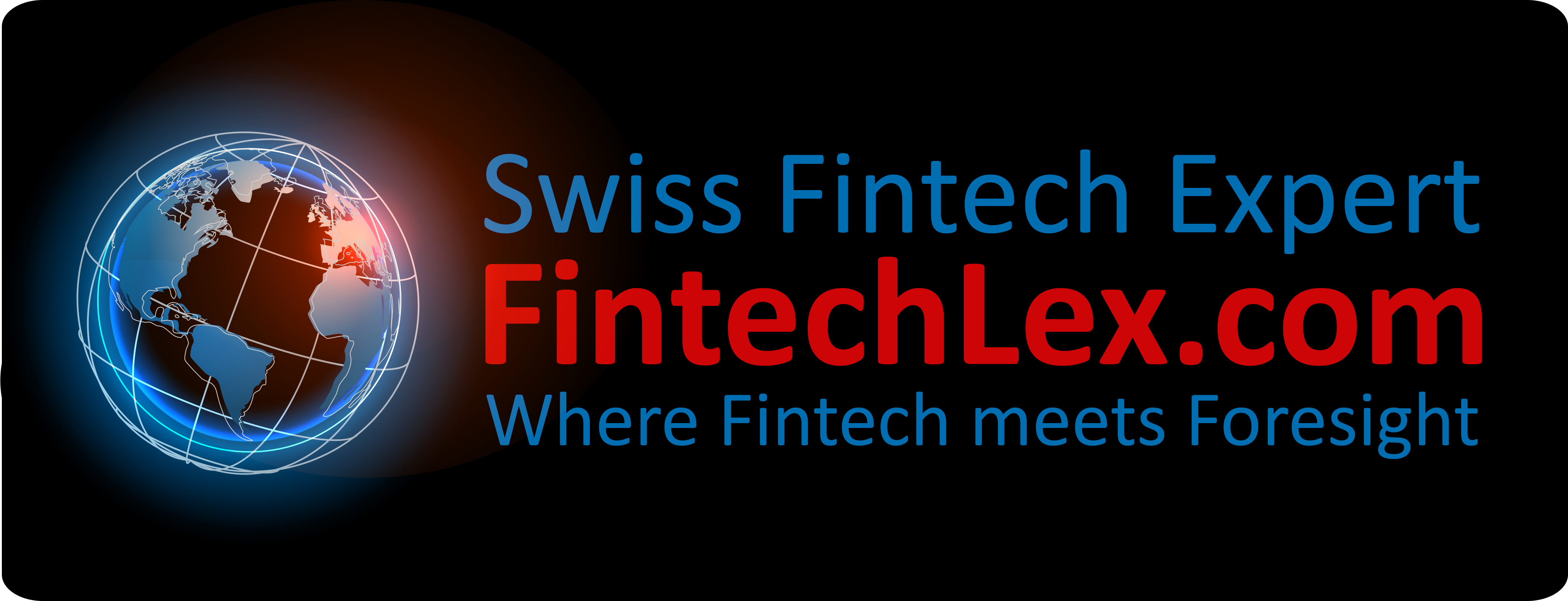When evaluating the European Electronic Money Institution (EMI) license against the Swiss FinTech license, it’s crucial to understand their distinct characteristics, regulatory pathways, and strategic implications. For further information or assistance regarding these licensing options, please contact us at [email protected].
Regulatory Pathways and Strategic Growth
- Swiss FinTech License: This license serves as a foundational step toward obtaining a full banking license. It allows institutions to accept public deposits up to CHF 100 million, provided these are not invested, and no interest is paid on them. Notably, crypto-based assets are not included in the CHF 100 million limit, permitting the holding of such assets without restriction. As deposits approach the CHF 100 million threshold, institutions can transition to a full banking license, building upon their existing framework and maintaining operational continuity.
- EU EMI License: An EMI license authorizes entities to issue electronic money and provide payment services. However, it doesn’t offer a direct pathway to a full banking license. Institutions aiming to expand into full banking services must undergo a separate, comprehensive application process, effectively starting anew without leveraging their existing EMI framework.
Key Features and Requirements
- Main Activities:
- Swiss FinTech License: Permits the acceptance of public deposits up to CHF 100 million without paying interest or investing these funds.
- EU EMI License: Allows the issuance of electronic money and execution of payment transactions.
- Additional Services:
- Swiss FinTech License: Includes payment accounts, card issuance, e-wallets, and crypto-related services.
- EU EMI License: Encompasses payment initiation and account information services.
- Currency Types:
- Swiss FinTech License: Supports both fiat and cryptocurrencies.
- EU EMI License: Primarily deals with fiat currencies; offering crypto services may require additional registration.
- Anti-Money Laundering (AML) Regulations:
- Swiss FinTech License: Subject to the Anti-Money Laundering Act (AMLA) with stringent enforcement.
- EU EMI License: Governed by AMLD4 and AMLD5, necessitating customer due diligence and transaction monitoring.
- Safeguarding Requirements:
- Swiss FinTech License: Requires segregation of customer deposits from company funds, with deposits maintained in Switzerland.
- EU EMI License: Mandates safeguarding funds in separate accounts or low-risk assets, with optional insurance or guarantees.
- Capital Requirements:
- Swiss FinTech License: Initial capital must be at least 3% of public deposits, with a minimum of CHF 300,000.
- EU EMI License: Requires initial capital of €350,000, maintaining funds not less than €350,000 or 2% of average outstanding e-money.
- Interest and Investment of Funds:
- Both licenses prohibit paying interest on customer funds and investing these funds.
Director and Shareholder Requirements
- Directors:
- Swiss FinTech License: Directors should possess extensive experience in banking or financial services, a deep understanding of Swiss financial regulations, proven management skills, and a clean professional record.
- EU EMI License: Directors are expected to have significant experience in financial services, particularly in electronic money and payment services, comprehensive knowledge of EU financial regulations, and demonstrated leadership capabilities.
- Shareholders:
- For both licenses, significant shareholders (holding 10% or more) must undergo a “fit and proper” assessment, disclose the source of their funds, and maintain a clean criminal record to ensure the institution’s integrity.
Conclusion
The Swiss FinTech license offers a strategic advantage for institutions aiming to evolve into full-fledged banks, providing a clear and structured pathway. In contrast, the EU EMI license is tailored for entities focused on electronic money and payment services without an inherent progression to banking status. Organizations should align their licensing choices with their long-term strategic goals, considering the regulatory environments and growth opportunities each license presents.
For further information or assistance regarding these licensing options, please contact us at [email protected].




